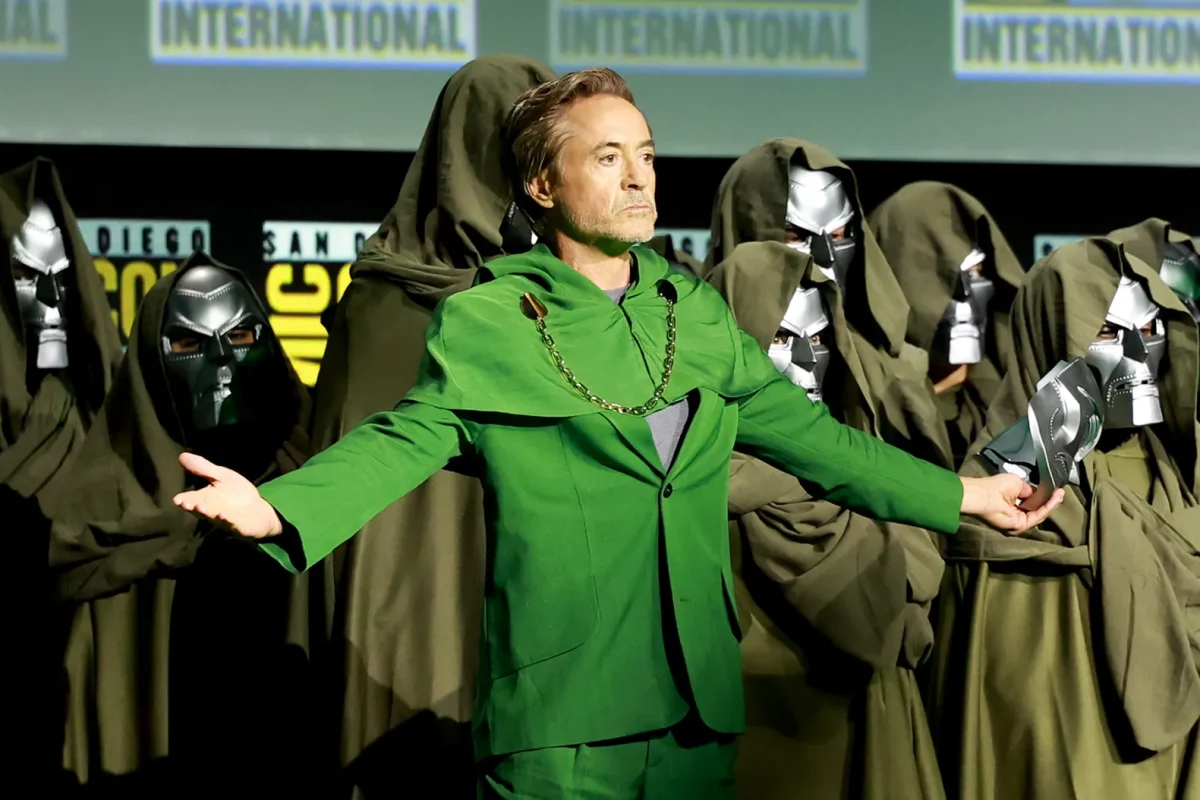 In 2015, you can wear a computer on your wrist, eat brownie-batter-flavored Oreos and follow a San Franciscan fog cloud on Twitter, but apparently you can’t live your life without someone criticizing your physical appearance.
In 2015, you can wear a computer on your wrist, eat brownie-batter-flavored Oreos and follow a San Franciscan fog cloud on Twitter, but apparently you can’t live your life without someone criticizing your physical appearance.
I, like many other people, was taught from a young age that bullying shouldn’t be tolerated, especially bullying someone about their physical appearance. No one has any reason to negatively comment on the appearance of someone’s face, arms, torso or left thumbnail because we live in an advanced society that should be far beyond harassing others based on their bodies.
But that’s not always the case, especially when it comes to celebrities. Full-time pop star and part-time doughnut licker Ariana Grande was recently the subject of a segment on “The Wendy Williams Show.” Host Wendy Williams poked fun at Grande’s appearance, saying, “She’s 21; she’ll forever look 12.”
“And I don’t mean that in a good way,” Williams continued. “It’s nice to look younger than you are, but when you look too young and then you’re short– she’s only like 4 feet 11– I don’t look at her as, like, a woman.”
Outrage grew over the segment as viewers began accusing Williams of body shaming Grande and #CancelWendyWilliamsShow began trending on Twitter.
Viewers had every right to be outraged over the conversation. There should be no excuses for bullying and body shaming someone else, especially when it’s broadcasted into millions of homes. Bullying like this contributes to people feeling insecure in their own skin.
According to the Body Dysmorphic Disorder Foundation, 2 percent of Americans suffer from body dysmorphic disorder, which causes individuals to become obsessed with potential flaws on their body. Up to 30 million Americans also suffer from an eating disorder, according to the National Association of Anorexia Nervosa and Associated Disorders.
With a surplus of Americans who face body image issues, the last thing we need is someone like Williams announcing that young-looking, short women aren’t “real” women. Anyone of a similar stature or body type watching the program could take those comments the wrong way.
Grande has not commented on the segment, but other stars have recently come out against the physical standards they’ve been pressured to uphold. Actress Cara Delevingne told The Times Magazine that she quit the modeling industry because it made her hate her body. Singer Miley Cyrus said in this September’s Marie Claire that her years on Disney Channel had “caused some body dysmorphia.”
“From the time I was 11, it was, ‘You’re a pop star! That means you have to be blonde, and you have to have long hair, and you have to put on some glittery tight thing,’” Cyrus said in the interview. She later continued with, “I’m this fragile little girl playing a 16 year old in a wig and a ton of makeup. It was like ‘Toddlers and Tiaras.”
It’s understandable why some celebrities present themselves in a way society is quick to accept. The 24-hour news cycle is quick to point out any celebrity that slips outside the ideal beauty standard. “X Factor” winner Joe McElderry recently appeared on a morning show that prompted The Daily Mail to publish an unflattering photo of his appearance. The news site commented on his “fuller physique” and said his face had “filled out from his skinny, boyish days.” McElderry later told The Sun, “If I wasn’t a stronger person I would have had a mental breakdown over that picture.”
When our daytime talk show hosts, television production companies and news organizations send out the message that you need to reach a certain height, look a certain way and maintain a certain weight, it’s hard to live without feeling insecure about some aspect of yourself. Until our culture begins to accept individuals for who they are instead of their bodies, self-acceptance will continue to be an issue. Start respecting yourself and others, and instead of talking about how short an America-hating pop star is, shut up or talk about something that actually matters.








